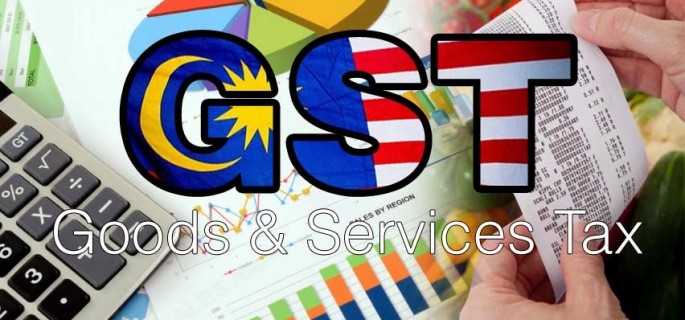How to Navigate Singapore GST Registration for Your Firm
How to Navigate Singapore GST Registration for Your Firm
Blog Article
The Ultimate Guide to Simplifying the GST Enrollment Process and Needs for Small Company Owners

Recognizing GST Fundamentals
To realize the basics of the Goods and Services Tax Obligation (GST) system, little business owners have to initially recognize its underlying ramifications and principles. Under the GST routine, businesses are needed to gather and sign up tax on part of the federal government, guaranteeing transparency and compliance.
One of the crucial principles of GST is input tax credit score, which enables organizations to assert credit report for tax obligations paid on their purchases. Comprehending these basic concepts is crucial for tiny service owners to navigate the complexities of the GST system and make sure compliance with the law.
Qualification Criteria for Enrollment
Having established a fundamental understanding of GST principles, little service proprietors need to now fulfill certain eligibility criteria to wage the registration procedure. In India, entities participated in the supply of items or services with a yearly accumulation turnover going beyond Rs. 40 lakhs (Rs. 10 lakhs for special classification states) are needed to register for GST. Additionally, specific services such as those entailed in inter-state supply of items, laid-back taxed individuals, and those needed to pay tax obligation under the reverse cost mechanism should sign up for GST regardless of their turn over. Moreover, companies that were signed up under the previous tax program (VAT, solution tax obligation, etc) are additionally mandated to register under GST. However, agricultural companies that only supply produce out of key manufacturing are excluded from GST enrollment. It is critical for entrepreneur to meticulously assess their eligibility based on these criteria to ensure compliance with the law and avoid any fines for non-compliance.
Papers Needed for GST Registration

Simplified Enrollment Refine Actions
Following the collection and confirmation of the requisite papers, the registration procedure for GST can be navigated with a series of simplified steps developed to promote effective compliance for little service proprietors. Upon successful confirmation, an Application Referral Number (ARN) is issued, indicating the conclusion of the GST registration procedure. By complying with these streamlined actions, small service owners can effectively register for GST and ensure conformity with tax guidelines.
Tips for Ensuring Compliance
To preserve regulatory adherence and operational stability, diligent oversight and proactive measures are critical in Resources ensuring conformity with GST demands for tiny service proprietors. Little organization proprietors need to remain upgraded with GST regulations, submitting target dates, and any kind of adjustments in tax obligation prices to avoid fines and keep a great standing with tax obligation authorities. Going to GST understanding workshops or training programs can enhance understanding and compliance with GST regulations, ultimately profiting the organization in the lengthy run.
Final Thought
In final thought, small company owners have to recognize the fundamentals of GST, satisfy the eligibility criteria, collect needed files, and follow the streamlined enrollment process steps to make certain conformity. By simplifying the GST registration procedure and demands, local discover this business owners can stay clear of fines and operate their companies efficiently within the lawful framework - Singapore GST Registration. It is essential for small company owners to remain educated and compliant with GST regulations to preserve a successful organization operation
Tiny service owners looking for GST registration have to ensure they collect and submit the necessary records to complete the enrollment process successfully. The files needed for GST registration typically consist of proof of service registration or unification, PAN (Permanent Account Number) card of the business entity, identity and address evidence of the promoters/partners/directors, photographs, address proof of the location of service, financial institution account statements or canceled cheques, and consent types. Attending GST understanding workshops or training programs can improve understanding and compliance with GST regulations, eventually profiting the business in the long run.
By streamlining the GST enrollment process and requirements, little organization owners can avoid charges and run their businesses smoothly within the legal structure. It is crucial for little service proprietors to remain informed and compliant with GST laws to maintain a successful company operation.
Report this page